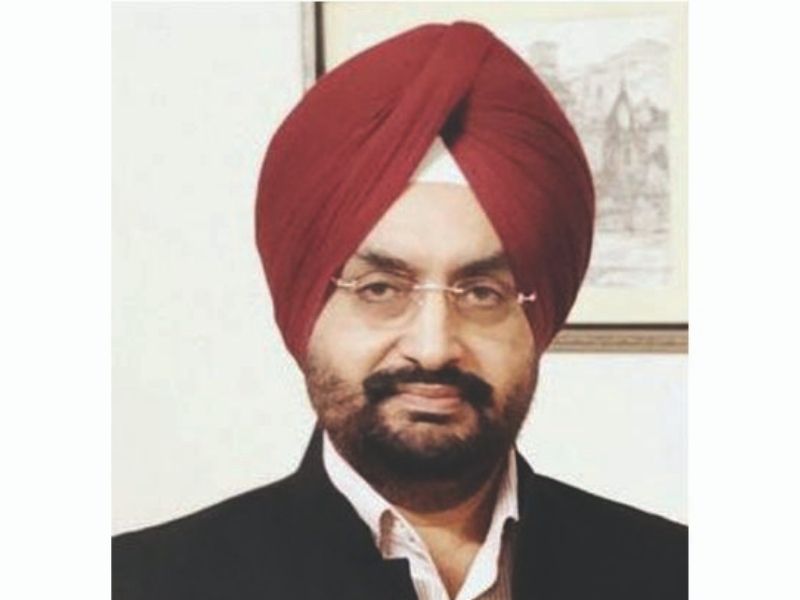Committed to constructing world-class national highways in the country, the National Highways Authority of India (NHAI) is for the first time collaborating with educational institutions across the country to adopt national highway stretches in their vicinity. Dr. Sukhbir Singh Sandhu, chairman, NHAI shares details about the project with Dipta Joshi of EducationWorld.
Q) What is the objective behind NHAI’s collaborations with educational institutions across the country?
A) The idea behind this first ever collaboration was that engineering colleges across the country adopt national highway stretches close to their institutions on a voluntary basis and as part of their Institutional Social Responsibility (ISR). We would thus leverage the intellectual prudence of students and faculty towards improvement of road infrastructure of the country. This approach also provides an opportunity to the students for hands-on-learning. It opens up a whole gamut of opportunities for them like internship and future areas of research. Several Indian Institutes of Technology (IITs), National Institutes of Technology (NITs) and local engineering colleges have opted to join the scheme. NHAI officers have started discussions with directors of these institutes.
Q) How many such collaborations has the NHAI signed until now?
A) The plan to associate with premier educational institutions was proposed at the start of this year and we have already started executing the plan meticulously. NHAI has received an overwhelming response from as many as 18 IITs (including IIT Roorkee, IIT Bombay, IIT Varanasi, IIT Guwahati, IIT Kanpur and IIT Kharagpur), 26 NITs and 190 other reputed engineering colleges. Of these, about 200 institutes have already signed the Memorandum of Understanding (MoU) with us. We are looking at associations with other prominent educational institutions across the country. In all, over 300 institutes are expected to collaborate with us to adopt national highway stretches in their institute’s vicinity.
Q) Do you expect these collaborations to nudge local involvement too?
A) Yes, we do since these institutions have a much better understanding of the local requirement, topography and resource potential. Adoption of a national highway stretch by a local institute facilitates stakeholder engagement and helps mitigate routine local problems such as traffic movement, congestion, and immediate identification of accident-prone sites. So, the process is expected to not only build a sense of participation in decision making but also empower the natives and others who use the highway stretches in resolving local problems through the educational institute and the authority. NHAI will also offer internships to 20 undergraduate and 20 postgraduate students with a stipend. The initiative can result in a win-win outcome for both the NHAI and the institutes. It will also instill a sense of contribution in building national infrastructure among the student fraternity.
Q) The collaborations are also being projected as initiatives that will bridge the industry-academia gap. Your comments?
A) The idea is to associate with reputed government colleges as well as AICTE approved private colleges who agree to voluntarily contribute their share of experience for betterment of the highway infrastructure vested with NHAI. In this process, NHAI shall facilitate the faculty, researchers and students of the institute to familiarise with the latest trends in highway/ transportation sector and also offer internship to undergraduate/postgraduate students of the institute. Under this initiative, the partner institutes will study improvement prospects in road safety, maintenance, riding comfort and usage of new technologies on the adopted stretches.
All this should also help students in choosing their career options for the future. Thus we believe, the initiative will not only benefit NHAI, but also benefit the institutes by addressing the industry-academia gap.
Q) What are the challenges facing this programme?
A) Since the operational processes and procedures of the NHAI and the institutions are different from one another, we are collaboratively working on bringing unanimity in the practices followed by both in order to ensure reformative improvements in the road infrastructure of the country.
Also read: Samsung India launches unique industry-academia programme
